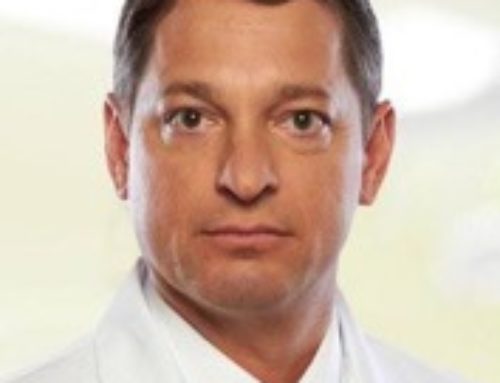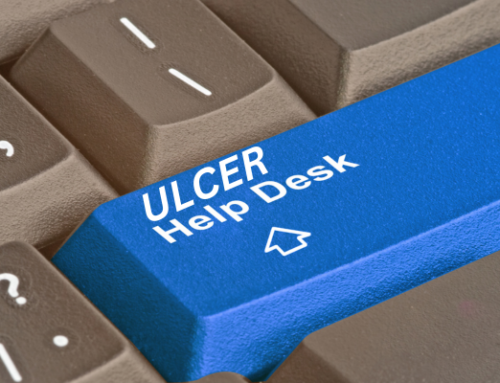“Universal cord blood gas screening with a pH threshold ≤7.10 and mandatory encephalopathy exam results in greater detection of infants with moderate/severe encephalopathy and timely initiation of therapeutic hypothermia,” states Zachary A. Vesoulis, MD, Washington University School of Medicine, St. Louis, Missouri.
What else does Dr. Vesoulis report in “Re-examining the Arterial Cord Blood Gas pH Screening Criteria in Neonatal Encephalopathy,” published in Arch Dis Child Fetal Neonatal Ed. 2018 July: 103(4): F377-F382:
“The effectiveness of therapeutic hypothermia (TH) to reduce secondary brain injury in the setting of hypoxic-ischemia has been demonstrated … showing a reduction in the composite outcome of mortality or major neurodevelopmental disability at 18 months.
Universal cord blood gas testing, in itself, is able to detect a greater number of infants at risk for moderate/severe encephalopathy.
Using an arterial cord pH threshold of ≤ 7.10, as opposed to < 7.00, as the sole screening criteria, allows the pool of screened infants to be expanded, with greatly improved sensitivity.
The lack of difference in rates of hypoxic brain injury on MRI between the two pH groups further supports the use of a broad range for screening in order to increase detection.”
Read Dr. Vesoulis’s article: https://www.ncbi.nlm.nih.gov/pmc/articles/PMC6192544/
Dr. Greg Vigna, MD, JD, national birth injury attorney states, “Clearly, there are newborns who would benefit from mandatory cord blood gas testing who otherwise might not be directed to the proven benefits of therapeutic cooling. A cord blood gas of 7.1 or less serves as an excellent cost-effective screening tool for the timely diagnosis of moderate to severe encephalopathy. Babies with pHs of 7.1 or less will get a bedside diagnostic cranial ultrasound to rule out a serious intracranial hemorrhage and then proceed on with therapeutic cooling.”
Click here to learn more about cranial ultrasound and therapeutic cooling.
Read Dr. Vigna’s book, “The Mother’s Guide to Birth Injury”: https://vignalawgroup.com/mothers-guide-to-birth-injuries/
Dr. Vigna is a California and Washington DC lawyer who focuses on neurological injuries caused by medical negligence. Ben Martin Law Group is a national pharmaceutical injury and birth injury law firm in Dallas, Texas. The attorneys are product liability and medical malpractice attorneys, and they represent neurological injuries across the country.
To learn more, visit the Vigna Law Group.




